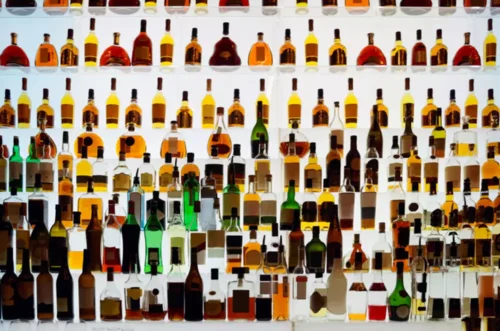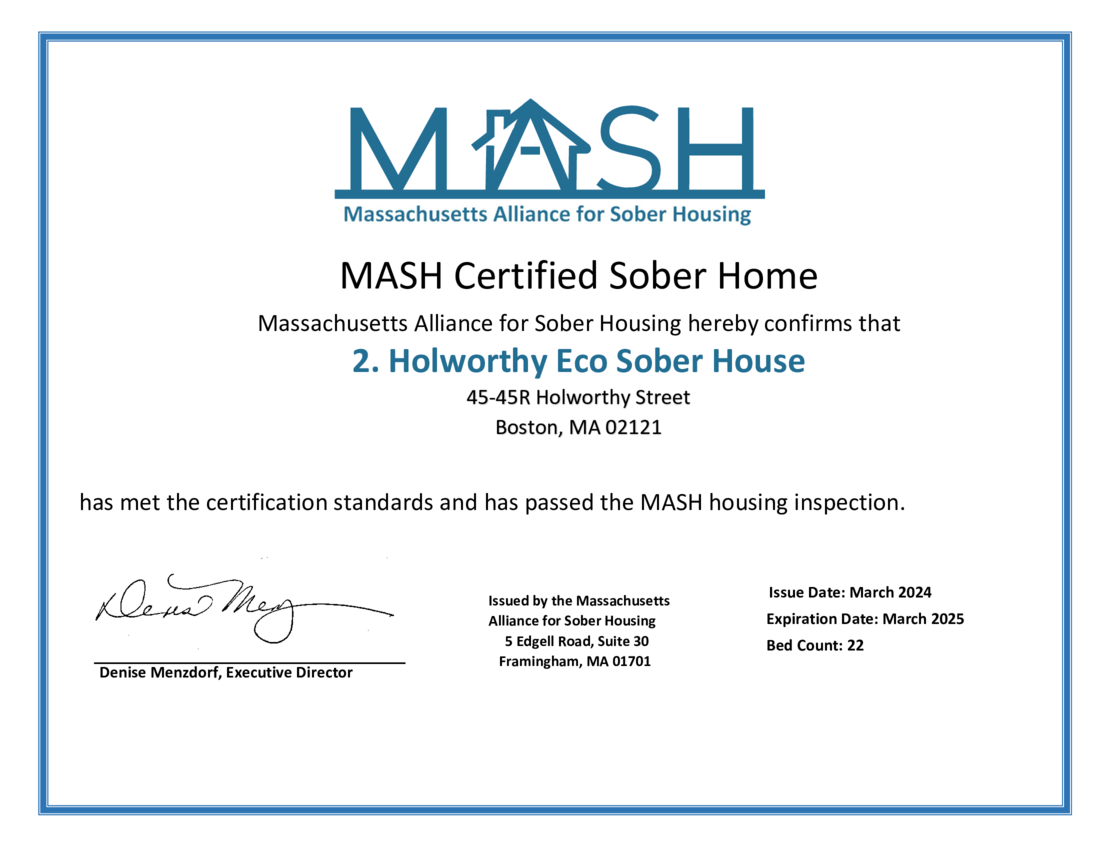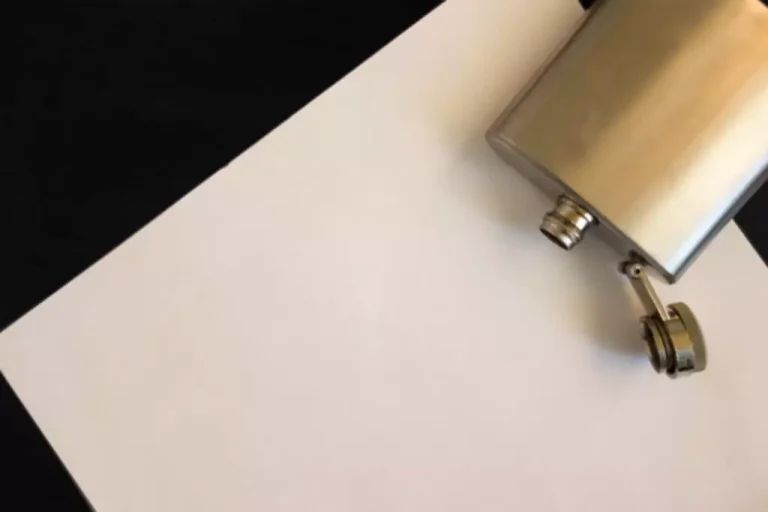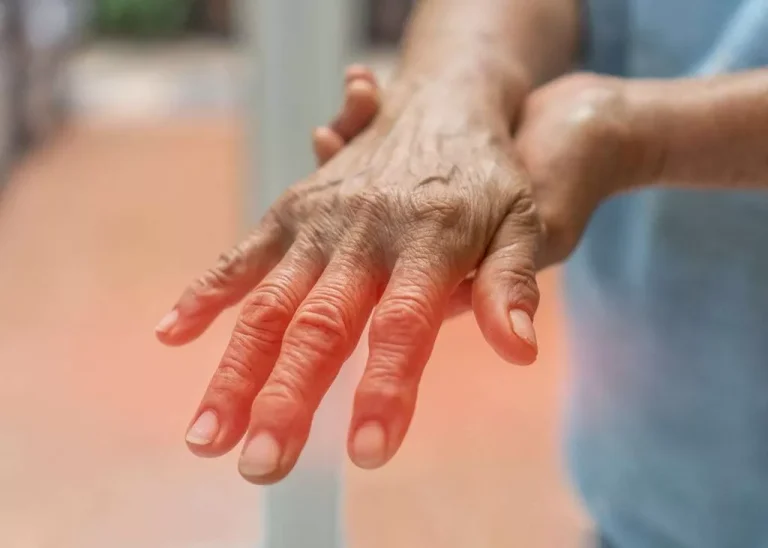
So after one drink, your BAC should be back below the “drunk” threshold about 60 minutes after you drain your glass. But again, this is a generalization and could be different depending on the person and situation. As mentioned above, it is not advisable to do the withdrawal process on your own.
How long does alcohol stay in the system?

You can start to feel the effects of alcohol in a matter of minutes. When ingested, alcohol is rapidly absorbed from the stomach and small intestine into your bloodstream before it travels to the central nervous system (brain and spinal cord). As a central nervous system depressant, alcohol impairs the communication of messages in your brain, altering your perceptions, emotions, movement, and senses. Binge drinking can lead to dangerously high BAC levels and severe health consequences, including alcohol poisoning.
How Long Does Alcohol Stay in Your System
The signs and symptoms of alcohol poisoning depend upon your BAC. As your BAC level increases, so does the severity of your symptoms. There are specific steps you can take to help reduce the effects of alcohol. Eating high protein foods, such as tofu or cheese, before or while drinking can slow the absorption of alcohol.

Eating and drinking
Stopping drinking and allowing time to pass is the only true way to sober up. Certain medications can affect how your body metabolizes alcohol. Medications like antidepressants and antibiotics can slow down the breakdown of alcohol in the body. Eating before drinking how fast can you get alcohol out of your system affects how quickly you’ll get drunk and whether you will feel sick after drinking. However, if you continue to consume alcohol, the food you ate beforehand eventually becomes a moot point. Consuming alcohol with a higher alcohol content will result in a higher BAC.
How Your Body Metabolizes Alcohol
However, there is no effective way to sober up quickly other than to stop drinking and allow time to pass. For resources related to AUD, including how to get support, please visit the NIH website. We’ve also partnered with Moderation Management, a non-profit dedicated to reducing the harm caused by the misuse of alcohol. If you find it challenging to control your drinking or if it’s causing significant problems in your life, it might be time to seek professional advice. Unfortunately, this process isn’t as quick as we’d sometimes like, and there’s no magic switch to speed it up drastically.
[Podcast] Episode 7: The Woman Changing How the World Sees Non-Alcoholic Drinks with Victoria Watters
Just keep in mind that drinking more than that can be bad for your baby’s growth and development, and can hurt your judgment. The best way to avoid overloading your system so it can process the booze at a steady clip is by not overdoing it in the first place. But again, what you sip determines how long it’ll take for the alcohol from your booze sesh to clear out of your system.
- That’s the equivalent of processing about one alcoholic beverage each hour.
- The liver breaks down most of the alcohol, though the substance also passes through the kidneys, urine, skin and lungs.
- It is important to know that someone who drinks a lot or on an empty stomach may still have alcohol in their system the next day, making it illegal to drive a vehicle even then.
Whether you’re looking to sober up after a social event or simply aiming to detoxify, the question of how to get alcohol out of your system is crucial. Currently, there is a test that can detect alcohol use up to 80 hours, or 3 to 4 days, after the last drink a person had. Some people experience a severe form of alcohol withdrawal known as DTs. A person with this condition can have a very high heart rate, seizures, or a high body temperature. When you’re ready to quit or reduce the harm alcohol is causing to your health and life, there are many resources to help. Many people also turn to support groups like Alcoholics Anonymous (AA).

If your body has developed a tolerance to alcohol, completely stopping—and attempting to flush it out of your system—can lead to withdrawal. Alcohol withdrawal has a set of complex symptoms when someone abruptly stops or reduces their consumption. If you have concerns about alcohol consumption or its effects on your health, it’s advisable to seek professional guidance. Schedule an appointment or call us and a Ria Health team member can help. Remember that everyone’s body is different, and the rate at which alcohol is metabolized can vary. It’s essential to listen to your body, and prioritize your health and safety during the recovery process.
Confidant Health: The Support You Need to Reduce Drinking
When you have food in your stomach, your ADH levels are higher, and your body can process alcohol more efficiently. Food also keeps alcohol in the stomach longer, so some of it is metabolized before traveling to the small intestine. Drinking alcohol at a faster rate by participating in binge drinking can cause your blood alcohol concentration to increase, compared to sipping liquor or consuming at a moderate pace. Also, the more extended amount of time spent drinking, the longer it will take for the alcohol to metabolize out of the system. Just because alcohol is out of your blood doesn’t mean that it’s no longer detectable in your system. Even hours after your blood alcohol content is at 0, alcohol can still be detected in a urine test.
- Pace yourself carefully when you drink alcohol, and know what medications may be harmful when combined with alcohol.
- To ensure you are drinking in moderation, check the strength or percentage of pure alcohol in your drink.
- Also known as your blood alcohol concentration, or BAC, .08 percent counts as drunk from a legal perspective.
- Whatever your reason is, once you decide to give up alcohol and start anew, you need to undergo an alcohol flushing.
You’re legally drunk once your BAC hits .08 percent or higher — the point at which it’s considered unsafe to drive. And the only way to know your BAC for sure is with a breath, blood, or urine test. After the first week, it is recommended that you go back to drinking at least 64 ounces of water every day. When your BAC reaches this point, you are at the highest risk of losing consciousness, alcohol overdose, and death.
